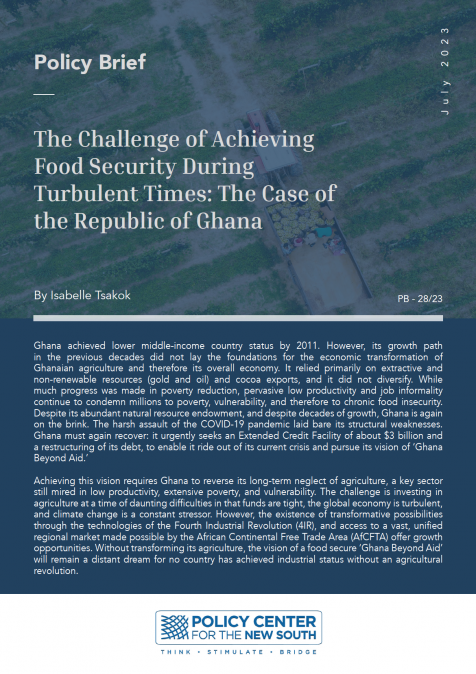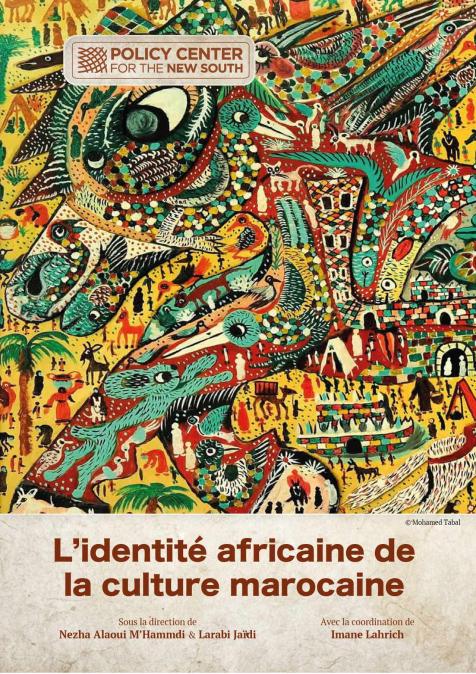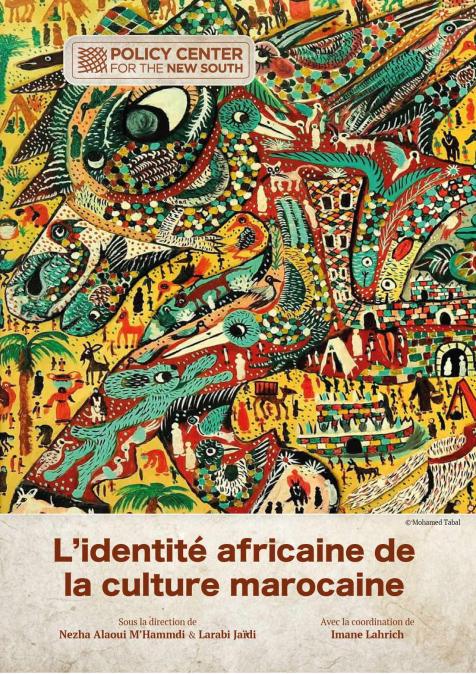Publications /
Opinion
Pan-Africanism is a dream that never dies. A project of African politicians, united in a vision, as old as the settled Africa, which liberated itself from the shackles of colonialism: Africa for Africans, Afro Americans, or the dark skinned people of Cuba, or Haiti, African immigrants in Paris, or Rome, in step to rekindle hope, freedom, equality, cultural revival, to build a future, construct the foundations of a borderless continent, an Africa without tribal struggles, wars, or poverty.
Already in the nineteenth century, a ‘Back to Africa’ movement existed. As early as August 2, 1920, the New York Times reported: “25 000 Negroes Convene International Gathering, will prepare own Bill of Rights”—and, yes, they debated the foundation of an African Republic. Ghana’s legendary President Kwame Nkrumah proposed an independent Africa: “a quest for regional integration of the whole of the African continent”. The icons of this dream have faded with history: Julius Nyerere, Sekou Touré, William Tubmann, whose country, Liberia, was founded in 1847 by free people of color, former slaves arriving in Africa from the U.S. between 1820 and 1843. Léopold Sédar Senghor cultivated his ‘Négritude Movement’. His colleague, Mobutu, toyed with ‘authenticité’.
Pan-Africanism, notes Hanae Bezad in her thoughtful report Boosting Cultural Readiness for Pan-African Momentum, stemmed from an idealized version of Africa developed by Africans from the diaspora, and built and nurtured by members of an intellectual elite who received Western educations and were able to translate what they grasped as shared aspirations into demands made to the West. This pan-Africanism still fuels the political pro-Africanism in institutions. Bezad, member of the Policy Center’s Atlantic Dialogues Emerging Leaders program, quotes an essay by Kenyan author Nanjala Nyabola, who seems to argue that the old concepts of African unity are obsolete, overtaken by time: “Everyone can tell you what pan-Africanism stands for… when it is juxtaposed with the West. But no one seems to know what pan-Africanism means when it is self-referential. And the solidarity consciousness is dying, leaving behind a network that exists solely to protect rich, powerful men”. Hanae Bezad notes the “bitter criticisms eloquently raised” by the writer, but advances a less pessimistic tone in her paper, a narrative of rebirth and pan-African solidarity among the younger population of Africa. During her travels through many countries, Bezad realized “that young people express in a variety of ways their attachment to concepts of Pan Africanity. The pan-African Africa they dream of is often a place for their legitimate aspirations of a brighter future, of freedom and democracy, social and economic blossoming, rather than development. They have a sense that the rules of development drawn up in the post-colonial era are only a skewed power struggle. From Morocco to Ethiopia, Senegal to Rwanda, Tunisia to Ghana, t-shirt slogans and song mottos, depictions of a borderless continent stand for a pan-African attitude, if not an awareness of shared struggles and common realities. It is worth better understanding, appreciating and supporting these”.
The Digital World has no Borders
Possibly the cell phone and computer will create a new identity within the African continent, a recovery of older days, five decades ago, when hip hop emerged as a mix of Black Youth, hip hop culture, and black identity, and demonstrated to the world a young hip, proud African youth, moving to the sound of their music, dressed in their newly inspired fashions. Andreana Clay in 2003 stated in an article published by the American Behavioral Scientist, ‘Keepin’ it real: Black youth, Hip-Hop Culture, and Black Identity’, that hip hop provides the world with “vivid illustrations of Black lived experience”, creating bonds of black identity across the globe.
In August 2016, the cable news giant CNN “decided to go after Africa’s young, mobile audience”, starting with Nigeria. African fashion success stories were showcased in the CNN show African Voices, popular music artists were introduced to a global audience via Inside Africa. The sound of music, or fashion, was not supposed to be limited as a showcase of Africa. Social problems stimulated the youth into action, CNN reported. “Across the continent social movements are rising up and taking to the streets and online spaces. Activists organize their movements online, against police brutality and militarism, expressing the thirst of young people for democracy, human rights and liberation, and demanding change. The renewed pan-Africanism roots itself in this dynamic”, writes Hanae Bezad. “Nowadays, African creatives are making the most of digital tools to make their art alive and accessible”. From the 3-D Fashion week of the Democratic Republic of Congo designer Hanifa, to the Moroccan tapes of Marocopedia, the first platform dedicated to the digitization of Moroccan heritage in all its diversity ,midway between digital museum and Web TV documentary, or online pan-African galleries such as Arts Design Africa, reports HanaeBezad, “African creative’s are proving the digital revolution offers an array of venues for them to achieve their aesthetic and societal vision of a renewed pan-Africanism. Renewing pan-Africanism, declaring ourselves as one people united in our diversity, is a worthwhile visionand challenge”.
“A quick Google search shows 2+ million results for the term ‘pan-Africanism’ and 320+ million for the term ‘pan-African’. There is also a growing membership of pan-Africanist groups on social media platforms, including on Facebook, Pan-African Renaissance, pan-African music, pan-African stories, and ‘Africa is a country’, reflecting the dream of a borderless continent, united in peace and prosperity”, noted Hanae Bezad. A literature review on African youth and the impact of narrative (led by researcher Rebecca Pointer, Africa No Filter, September 2020) documented that the path to realization of the vision is long and certainly difficult: “Regarding their sense of identity, most youth firstly identified according to their nation state, followed by being African, and then by ethnicity or religion. However, Nigerians, Kenyans and Ethiopians were more likely to identify by their ethnicity, and Southern Africans, especially South Africans, were less likely to identify as being African. Nevertheless, youth overwhelmingly agreed that a shared African identity exists, based on a similar history and similar economic trajectories”. Of the many questions Bezad asks her readers, one is most difficult to answer: “How do we make sure the pan-African identity conversation is inclusive of all African citizens, and not confined to the African intelligentsia?”
The opinions expressed in this article belong to the author.






